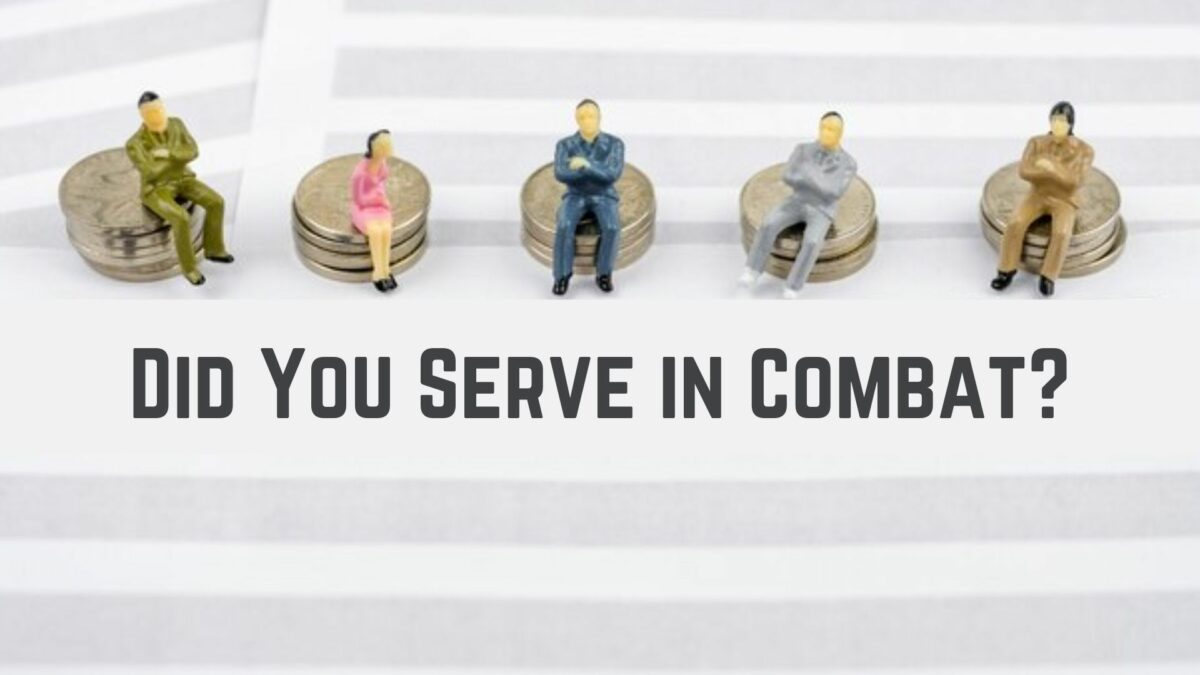I’m technically a combat veteran. I served in a combat arm in a hostile fire zone and received the combat zone tax exclusion and hostile fire pay. But, let’s face reality. I was in Bosnia in 1996 and 1998, and while I was in a place a little less safe than the living room, I wasn’t really a combat veteran. I never had cause to arm a weapon, much less point it at anyone. The closest I ever came to harm’s way was when an Air Force jet dropped a bomb on our base camp. My tank platoon offered to escort the pilot back to his base camp, but our offer was politely declined.
But, there are a lot of my fellow veterans, people I served with, classmates and friends at West Point, and many, many others who have served in combat zones. From WWII to Korea to the Desert Storms to Afghanistan as well as covert operations worldwide, many of our generations have seen the ravages of war and been exposed to a lot of shocks and trauma that the rest of us can only imagine and watch cinematic recreations of. For those of you who know combat veterans, you see that the experience is life-changing for many of them. We’re just not meant to deal with that type of stress and horror day in and day out.
If you’re a combat veteran, check your investment portfolios. Chances are pretty good that you’re overinvested in safe assets like bonds, money market funds, CDs, and just plain old cash, especially compared to the benchmarks for your age. I define the percentage you should be invested in equities as 110 minus your age. Thus, if you’re 30, you should have about 80% of your assets invested in equities.
A recent study by Cornell University shows that combat veterans are between 14% and 18% less likely to hold equities as their non-combat veteran brethren.
Why?
Trauma. PTSD, TBI, shocks, stress, whatever you want to call it, the stress that combat veterans have from seeing the horrors of war causes them to be much more risk averse than the general population.
Even if you’re only slightly more risk averse than the average person – let’s say the average of 16% more risk averse cited in this study – this could have a significant effect on your long-term prospects. A 30 year old who has $25,000 in investable assets, contributes $5,500 a year (the IRA contribution limit), gets the compounded average growth rates of return for equities and government securities (9.87% and 2.9% respectively), and overinvests in government securities by 16% relative to the 110-age split will see a decrease in returns of about 26.8% by the time he reaches age 66. It’s the difference between having $1.05 million at age 66 versus having $778 thousand. Using the 4% withdrawal rule (which isn’t a safe bet), that’s the difference between being able to withdraw about $3,487 per month and $2,592 per month.
Given that there was a high standard deviation in the data of the Cornell study, the likely outcome is that a majority of combat vets invest in line with everyone else and a smaller, but not insignificant number, of them invest WAY too conservatively, which can have a tremendously negative impact on their ability to retire or have a standard of living that they are accustomed to.
If you’re a combat vet, take a look at your portfolio. Are you overly risk averse? Do you have too much in money markets, CDs, or just sitting in savings or checking accounts? Are you afraid of losing it all? Does investing cause you stress?
This isn’t one of those issues where you need to tough it out and internalize and deal with it yourself. Talk to a financial planner who is a veteran. Besides me, here are some other people or organizations who have veterans who you can talk to:
- Jeff Rose, Alliance Wealth Management
- Rick Ferri, Portfolio Solutions
- Frank Armstrong, Investor Solutions
- USAA Financial Planning
If you’re a veteran and a financial planner (you need to be a IARD because this is investment advice) and want to help, drop me a line or comment below, and I’ll add you to the list.
If you’re a combat veteran and think you might be too risk averse in your investments, please get in contact with either me or one of the people or organizations I listed above. We can help.
Hat tip to Gravenhurst, Ontario, Canada financial planner Sandi Martin at Spring Personal Finance for the editorial help!
Author Profile
- John Davis is a nationally recognized expert on credit reporting, credit scoring, and identity theft. He has written four books about his expertise in the field and has been featured extensively in numerous media outlets such as The Wall Street Journal, The Washington Post, CNN, CBS News, CNBC, Fox Business, and many more. With over 20 years of experience helping consumers understand their credit and identity protection rights, John is passionate about empowering people to take control of their finances. He works with financial institutions to develop consumer-friendly policies that promote financial literacy and responsible borrowing habits.
Latest entries
 Low Income GrantsSeptember 25, 2023How to Get a Free Government Phone: A Step-by-Step Guide
Low Income GrantsSeptember 25, 2023How to Get a Free Government Phone: A Step-by-Step Guide Low Income GrantsSeptember 25, 2023Dental Charities That Help With Dental Costs
Low Income GrantsSeptember 25, 2023Dental Charities That Help With Dental Costs Low Income GrantsSeptember 25, 2023Low-Cost Hearing Aids for Seniors: A Comprehensive Guide
Low Income GrantsSeptember 25, 2023Low-Cost Hearing Aids for Seniors: A Comprehensive Guide Low Income GrantsSeptember 25, 2023Second Chance Apartments that Accept Evictions: A Comprehensive Guide
Low Income GrantsSeptember 25, 2023Second Chance Apartments that Accept Evictions: A Comprehensive Guide

